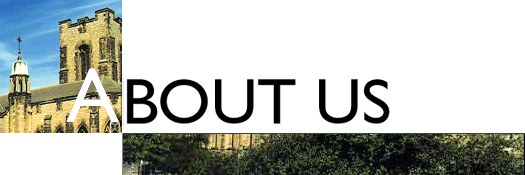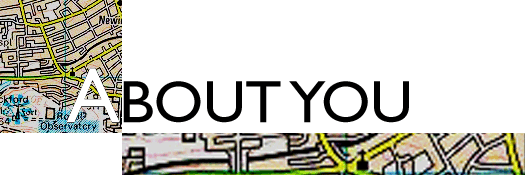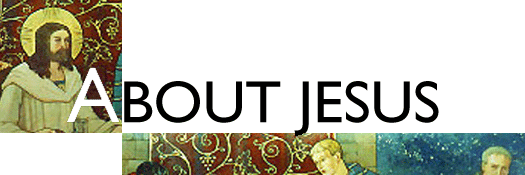



|
A
Word from Brian Embleton, Minister
Dear Friends,
Remembrance Sunday this year
will be more poignant than usual as we come to the 100th anniversary of
the outbreak of the First World War. With the passing of time our memories
now come from faded photographs, early film, letters and poems. The only
recollection that I have is of visiting an old man who lived alone in Glasgow’s
Easterhouse where I was a probationer assistant prior to ordination. He
never quite recovered from being gassed in the latter stages of the War.
Conversation was never easy, breathing was difficult, but he remembered,
remembered those who “weren’t so lucky!”
One of the most amazing sights
in London this year, writes the Rev Paul Hardingham, is the art installation
'Blood Swept Lands and Seas of Red' at the Tower of London. The dry moat
has been filled with 888,246 ceramic poppies, each representing a British
or Colonial soldier killed in the First World War and commemorated in this
centenary year.
‘In Flanders fields, the
poppies grow between the crosses, row on row, that mark our places; and
in the sky the larks, still bravely singing, fly scarce heard amongst the
guns below.’
This is the first stanza
of John McCrae’s poem, first published in Punch magazine in 1915. Within
months, it came to symbolise the sacrifices of all who were fighting in
the First World War. Today, the poppy remains a tangible symbol of all
those who have sacrificed their lives in war. But why do we remember?
‘They will beat their swords
into ploughshares and their spears into pruning hooks. Nation will not
take up sword against nation, nor will they train for war anymore.’ (Micah
4:3).
Writing about 700 years before
Christ, Micah’s words have to be seen against a background of violence
with the fall of Samaria and the instability created by the aggression
of Assyria. However, he prophesied a future of hope, a world where nations
come together in peace instead of war. His vision saw a time when the arms
of war would be turned into farming tools and people would live in peaceful
community.
Our understanding of peace
is more than the avoidance of war or the absence of conflict. It’s about
building relationships between people, communities and nations, which positively
creates a love and care for others founded on justice for all. As we remember
the sacrifice of those who died in the First World War, our response must
be to look practically at how we can build relationships of peace and justice
in our world, starting with our own families, colleagues and neighbourhoods.
As Micah says, ‘we will walk in the name of the Lord our God for ever and
ever.’(4:5). We always need God’s presence and power to change us into
the people who have a passion for peace and justice, and compassion for
everyone.
‘They shall grow not old
as we that are left grow old: Age shall not weary them, nor the years condemn.
At the going down of the sun and in the morning we will remember them.’
Brian
|